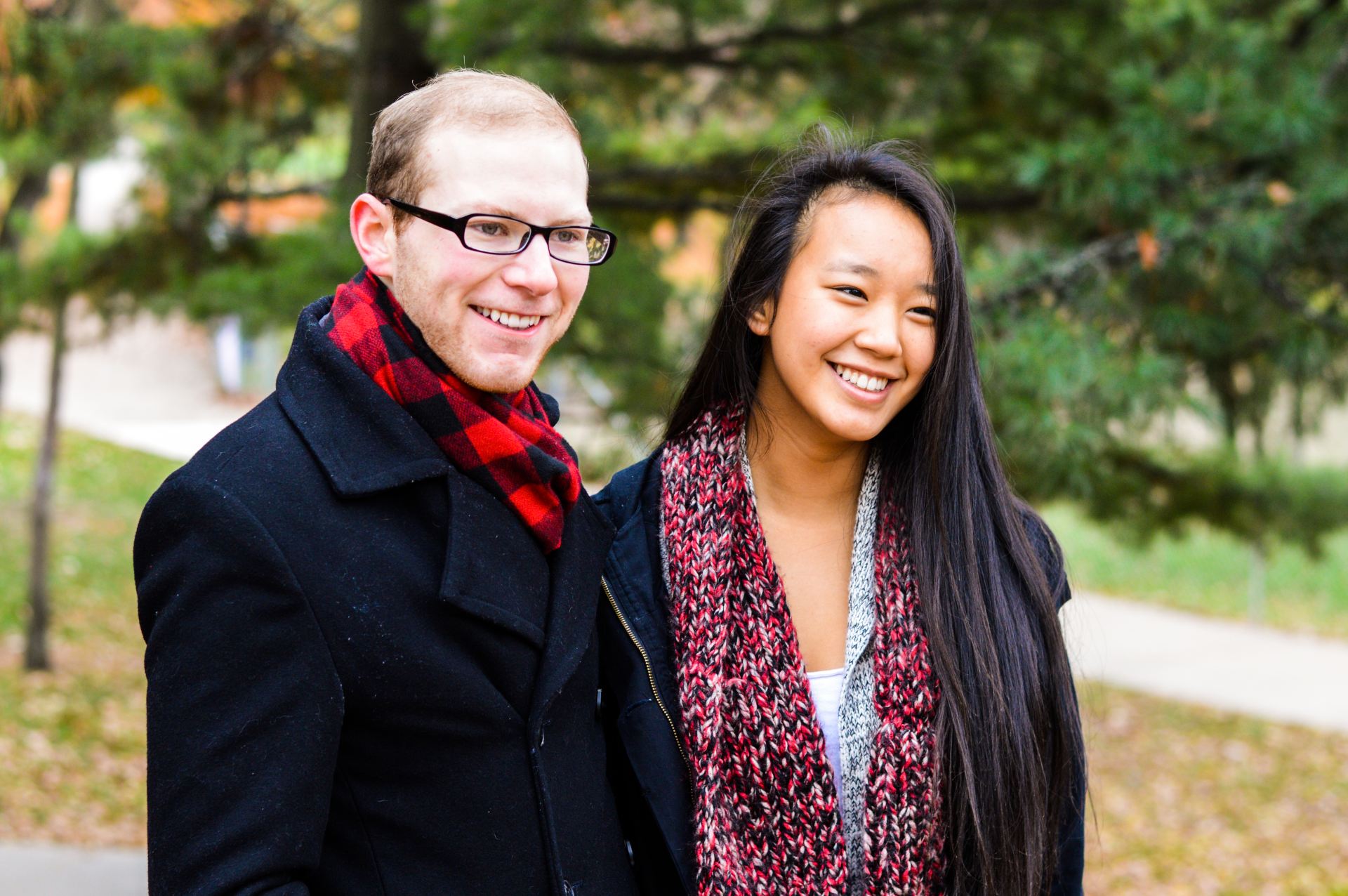Six Ohio State Undergraduate Student Government members will head to an annual winter conference of Big Ten universities’ student governments, held by the Association of Big Ten Students, in East Lansing, Michigan Friday.
ABTS is a coalition of student government organizations from each of the 14 Big Ten universities that meets three times every year. These meetings focus on planning yearlong campaigns to educate students about university resources and passing related legislations.
Representatives ranging from presidents to first-year students will attend the conference to discuss higher education issues that will be the association’s focus for 2018.
Shamina Merchant, the USG deputy chief of staff and the ABTS liaison for Ohio State, said the conference is a great way to learn how other student governments are addressing hot topic issues like mental-health care access and student safety.
“Higher education is continuously facing new issues that we need to address,” said Merchant, a third-year in information systems. “Understanding how a certain approach may have impacted students at a similar institution to ours, we will really make sure that we are moving forward in a direction that will be as beneficial for our students as possible.”
Ohio State representatives include USG President Andrew Jackson and Vice President Sophie Chang, along with Merchant and three of the issues directors — Jake Dretzka, the director of government relations; Farhan Quadri, the director of diversity and inclusion; and Kate Greer, the director of academic affairs.
In order to make changes to Ohio State policies, USG can evaluate its strategies against other Big Ten institutions that have the similar goals and demographics, said Jackson, a fourth-year in political science.
“It’s learning from the other schools and the other student leaders and then bringing that back to Ohio State to better our school as much as possible,” Jackson said.
While at the conference, held from Friday to Sunday, USG will co-sponsor legislation similar to its own resolutions and suggest changes to the university, but cannot enforce the policies.
These four resolutions include defining sexual consent, adding an identification option on college applications for Middle Eastern and North African students and supporting federal legislation on the Dream Act, and textbook affordability.
Beyond legislation, representatives will address issues on a smaller scale, including roundtable discussions about other imperative issues. Merchant said she is looking forward to learning how USG can improve its inclusive practices, promoting textbook affordability and adding technology in the classroom.
“We have so much room to improve across all issues surrounding student life and the student experience,” Merchant said. “Seeing where our peers thrive and can improve is a tremendous opportunity.”
The next meeting for ABTS will be in Washington, D.C. in April, where members will meet with legislators to lobby on behalf of Big Ten students. Jackson said he believes this specific action represents the importance of the coalition, adding it shows the power a collective voice that represents more than 500,000 students in the Big Ten Conference can have.
It makes advocating to legislators on behalf of students “a lot easier” with “a lot more power and impact,” he said.


